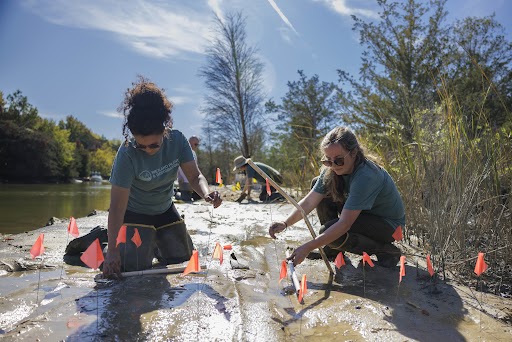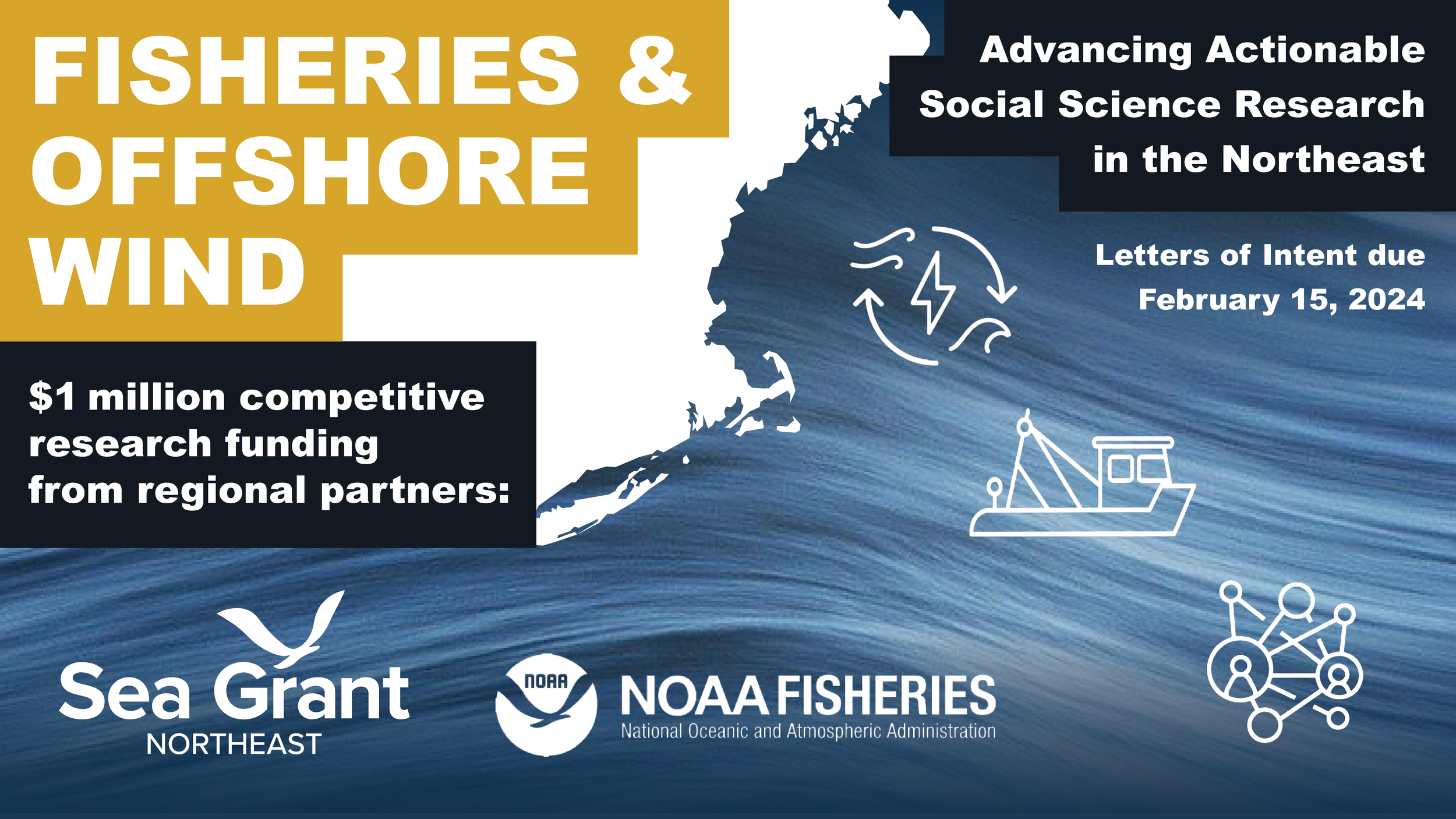By: Melissa Schneider, Mississippi-Alabama Sea Grant Consortium
The National Sea Grant College Program has announced that a regional collaborative of Sea Grant fisheries extension specialists, university scientists and fisheries managers will receive $2.4 million ($1.6 million in federal funds and $800,000 in match funds) to develop and implement extension and outreach programming related to data and information from three large research projects focused on estimating the number of reef fish in the South Atlantic and Gulf of Mexico.
“Over the past five years, and with the support of Congress, Sea Grant has funded critical research to determine the abundance of red snapper and amberjack in the Gulf of Mexico and the South Atlantic,” Jonathan Pennock, director of the National Sea Grant College Program, said. “Now, through the development of outreach programming and engagement, Sea Grant is well positioned to continue supporting sustainable fisheries by directly connecting end-users with the latest science related to reef fish stocks, which will enhance the management of these highly prized species.”
The team will translate the science coming out of the Great Red Snapper Count in the Gulf of Mexico, the Great Red Snapper Count in U.S. South Atlantic Waters, an upcoming Greater Amberjack count in the Gulf and South Atlantic, and NOAA Fisheries Science Centers. The team will work to explain how the abundance studies are performed, what scientists discover, and the implications of those findings. The project’s main stakeholders will include fisheries managers, the commercial and charter-for-hire fishing industries, and private recreational anglers.
Mississippi State University Assistant Extension Professor Marcus Drymon, a Mississippi-Alabama Sea Grant marine fisheries extension specialist, will lead the collaborative, which includes Mississippi State University, Mississippi-Alabama Sea Grant Consortium, North Carolina Sea Grant, South Carolina Sea Grant Consortium, Georgia Sea Grant, Florida Sea Grant, Louisiana Sea Grant, Texas Sea Grant, Northeastern University, and Fishery Management Councils from the Gulf of Mexico, the South Atlantic and the Caribbean.
“The sophisticated science behind today’s abundance assessments can be difficult to understand,” Drymon said. “This funding will ensure that everyone who is interested will be able to follow the results of these key research projects.”
The collaborative’s reef fish extension project was selected through a competitive funding process that was open to Sea Grant programs.
“Perhaps the most exciting aspect of this project is the large-scale collaboration among Sea Grant agencies,” Drymon said. “This approach enables those who best understand the local issues facing reef fish fisheries to develop solutions in tandem with local stakeholders.”
In addition to communicating information to stakeholders, the team will conduct annual surveys to identify research needs across the Southeast and Gulf of Mexico and understand how stakeholders’ attitudes, perceptions and beliefs about reef fish management change over time. Similar surveys were used to understand angler satisfaction with the Great Red Snapper Count, as highlighted in a recent issue of the North American Journal of Fisheries Management. The results of the upcoming reef fish surveys will be shared with the project’s advisory panel, which will include representatives from the commercial and recreational fishing industries, state fisheries management personnel and the project team.
The team will also develop materials, support training for fishermen and build capacity for reef fisheries extension. Team members in each state will have the flexibility to customize their efforts based on the needs of their local reef fish stakeholders.


